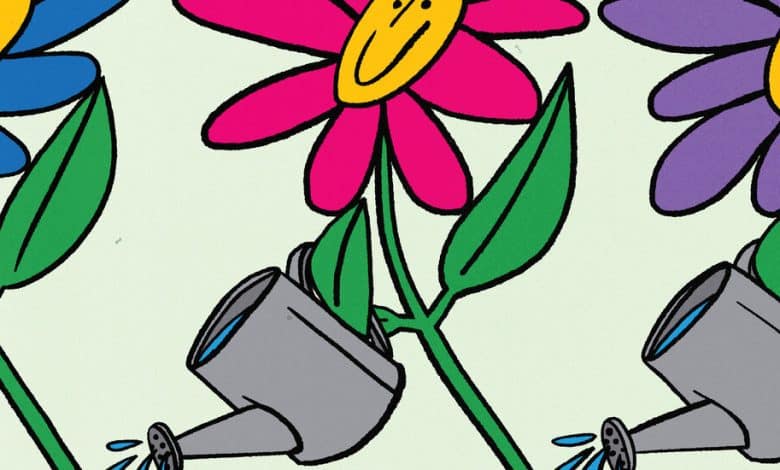The One Idea That Could Save American Democracy

These days, we often hear that democracy is on the ballot. And there’s a truth to that: Winning elections is critical, especially as liberal and progressive forces try to fend off radical right-wing movements. But the democratic crisis that our society faces will not be solved by voting alone. We need to do more than defeat Donald Trump and his allies — we need to make cultivating solidarity a national priority.
For years, solidarity’s strongest associations have been with the left and the labor movement — a term invoked at protests and on picket lines. But its roots are much deeper, and its potential implications far more profound, than we typically assume. Though we rarely speak about it as such, solidarity is a concept as fundamental to democracy as its better-known cousins: equality, freedom and justice. Solidarity is simultaneously a bond that holds society together and a force that propels it forward. After all, when people feel connected, they are more willing to work together, to share resources and to have one another’s backs. Solidarity weaves us into a larger and more resilient “we” through the precious and powerful sense that even though we are different, our lives and our fates are connected.
We have both spent years working as organizers and activists. If our experience has taught us anything, it is that a sense of connection and mutualism is rarely spontaneous. It must be nurtured and sustained. Without robust and effective organizations and institutions to cultivate and maintain solidarity, it weakens and democracy falters. We become more atomized and isolated, suspicious and susceptible to misinformation, more disengaged and cynical, and easily pitted against one another.
Democracy’s opponents know this. That’s why they invest huge amounts of energy and resources to sabotage transformative, democratic solidarity and to nurture exclusionary and reactionary forms of group identity. Enraged at a decade of social movements and the long-overdue revival of organized labor, right-wing strategists and their corporate backers have redoubled their efforts to divide and conquer the American public, inflaming group resentments in order to restore traditional social hierarchies and ensure that plutocrats maintain their hold on wealth and power. In white papers, stump speeches and podcasts, conservative ideologues have laid out their vision for capturing the state and using it as a tool to remake our country in their image.
If we do not prioritize solidarity, this dangerous and anti-democratic project will succeed. Far more than just a slogan or hashtag, solidarity can orient us toward a future worth fighting for, providing the basis of a credible and galvanizing plan for democratic renewal. Instead of the 20th-century ideal of a welfare state, we should try to imagine a solidarity state.
We urgently need a countervision of what government can and should be, and how public resources and infrastructure can be deployed to foster social connection and repair the social fabric so that democracy can have a chance not just to limp along, but to flourish. Solidarity, here, is both a goal worth reaching toward and the method of building the power to achieve it. It is both means and ends, the forging of social bonds so that we can become strong enough to shift policy together.